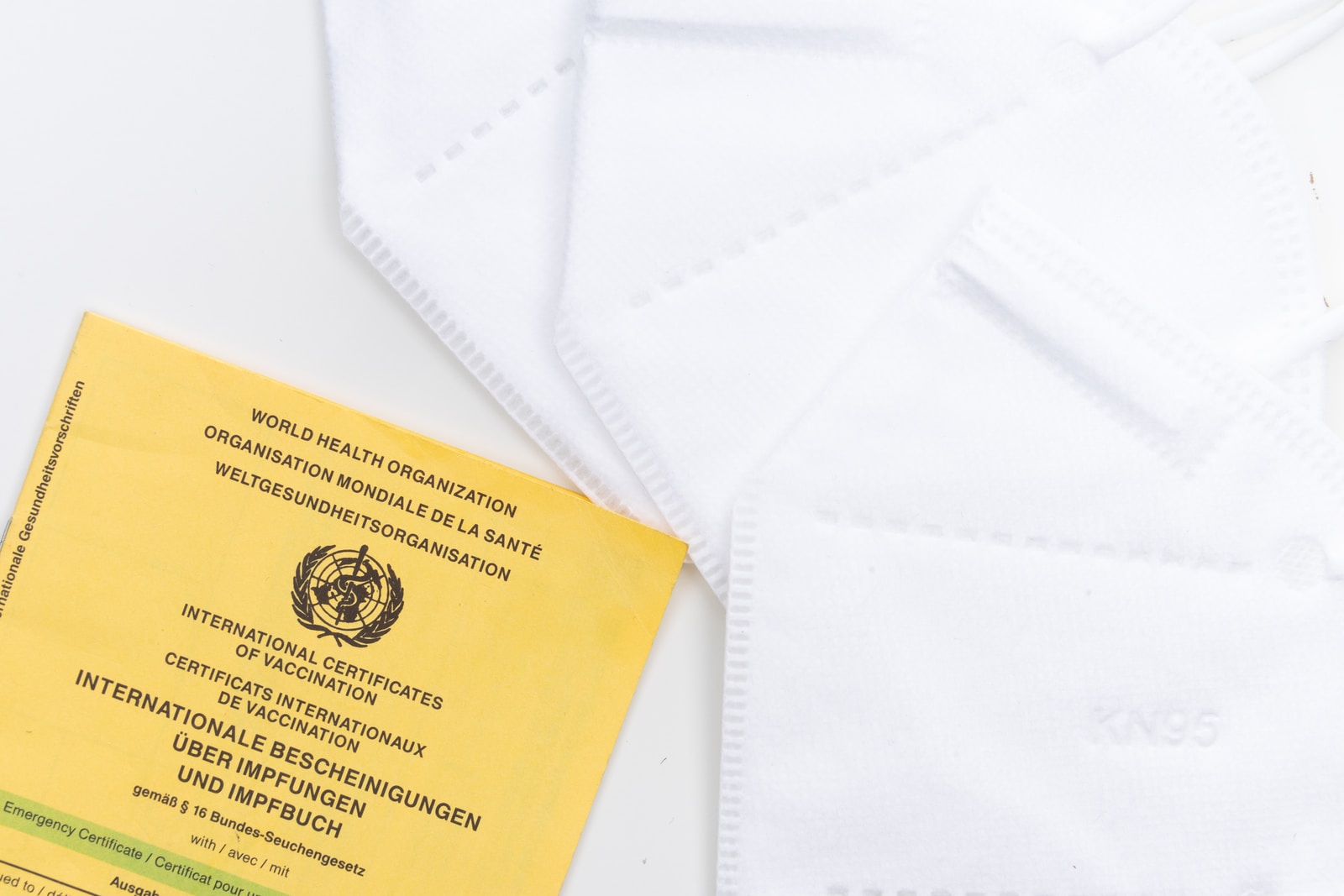Cheryl K. Chumley
ronpaulinstitute.org
US Customs and Border Patrol announced its officers at a port in Alaska recently seized thousands of fake COVID-19 vaccination cards that came from China.
The seizure opens the door for government to go forward with the technological tracking of US citizens. How so?
It strengthens the arguments of pro-vaccine passport types who say Americans must be vaccinated, or else risk infecting the innocent; that Americans must prove vaccination as conditions of associating freely in public and interacting with others; that vaccine passports are obviously the easiest means by which proof of vaccination can be displayed; but that paper vaccine passports are vulnerable to counterfeit. A smartphone app that carries a scannable electronic code tied directly to the carrier’s medical records — connected directly to the clinic or doctor’s office that administered the shot — is the viable alternative. So will go the line of logic. See, see? — they’ll say: Paper passports are prone to fakery. We need something more secure. We need something technologically advanced.
In fact, this is the alternative that’s already being tested in select spots, by select tech companies.
“Smartphone developers are gearing up for a world where users can store their Covid vaccination proof in their phones’ digital wallets, making it easy to simply tap their phones when they enter new buildings,” Yahoo! News wrote. “Google, Apple and Samsung have all recently announced plans to offer a feature that readily calls up a QR code that can be scanned to quickly verify a user’s vaccination status.”
Once that electronic bridge is crossed, the once-dim potential for America’s government to track US citizens moves to certainty.
If private business can compel free citizens to carry electronic proof of vaccination as conditions of work, as conditions of entry, as conditions of travel, then what’s to stop government from arguing for the need to tap into this data to, say, track the whereabouts of a suspected terrorist — a suspected drug dealer — a suspected child abuser — a suspected bank robber — a suspected home invader — a suspected petty thief — a suspected drunk and disorderly? A suspected political dissenter?
The law of unintended consequences looms large here.
Just in the past couple of years, America has moved from the unthinkable to the accepted — from the idea of forcing citizens to take a vaccine that’s only been approved for emergency use to the idea that those who raise questions about the safety of this vaccine are branded unpatriotic, dangerous to society, needful of forced home quarantine.
Now add technologically driven contact tracing and vaccine passports to this mindset shift.
Now toss in apps that prove vaccination status, and all the open-door possibilities this new shift in mindset will bring. Once Americans are conditioned to cough up medical data on demand, it’s only a horizontal move to make the case — to win the case — for Americans to accept the use of personal and private data for other similarly billed necessary needs. After all, if you’re not doing anything wrong, why fear police having your data? Why fear government knowing your location? Kafka, meet trap. Pandora, meet box. Albatross, meet neck.
Counterfeit vaccine cards, meet government surveillance.
“Getting these fraudulent cards off the streets and out of the hands of those who would then sell them is important for the safety of the American public,” said Lance Robinson, area port director of the Area Port of Anchorage.
It always is.
It’s always about safety.
That’s how government grows its footprint. That’s how oppressors gain their foothold.
The only solution that saves for the long-term is to demand God-given rights, the ones founders forged for us all, the ones supposedly cemented in this nation’s foundation. That’s the only way to permanently stop this coming un-American tide of tyranny.
Reprinted with author’s permission from Washington Times.
Please share this article so that others can discover The BFD.

